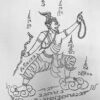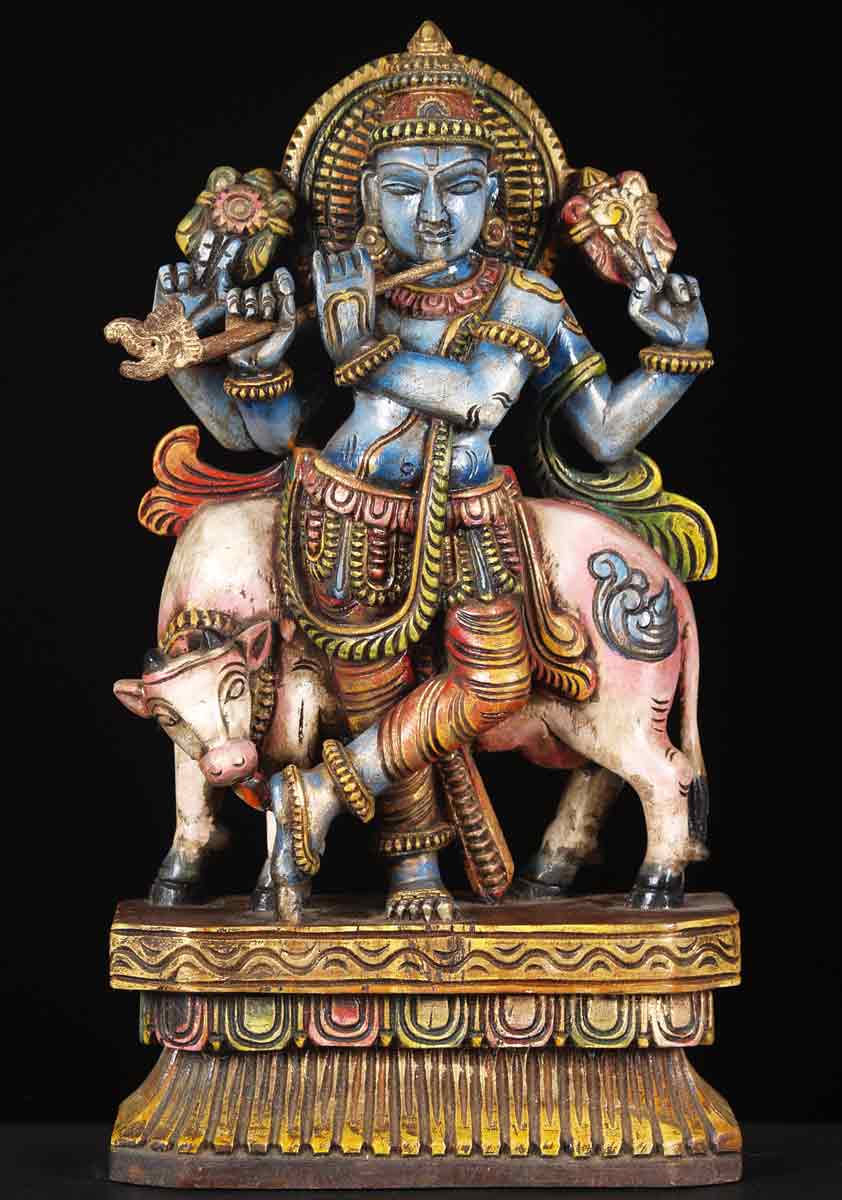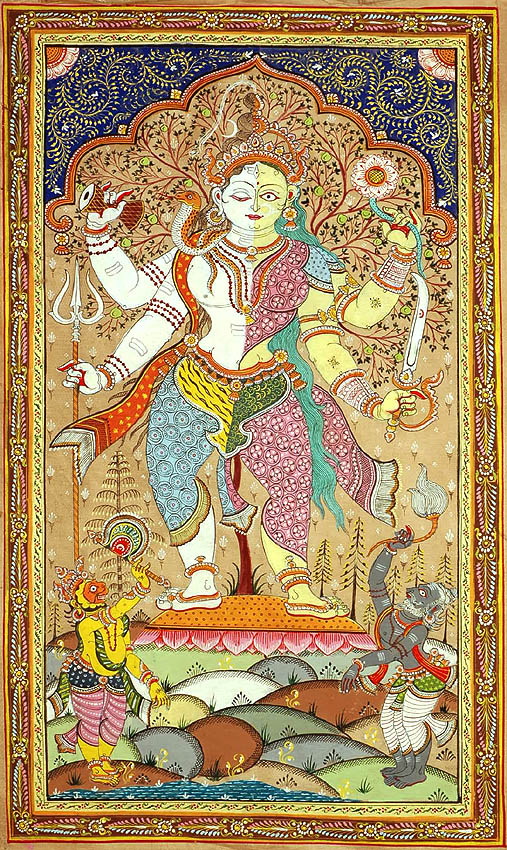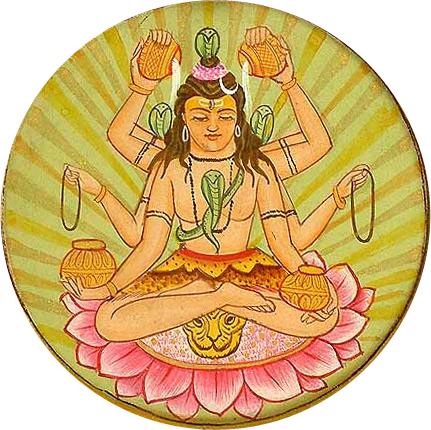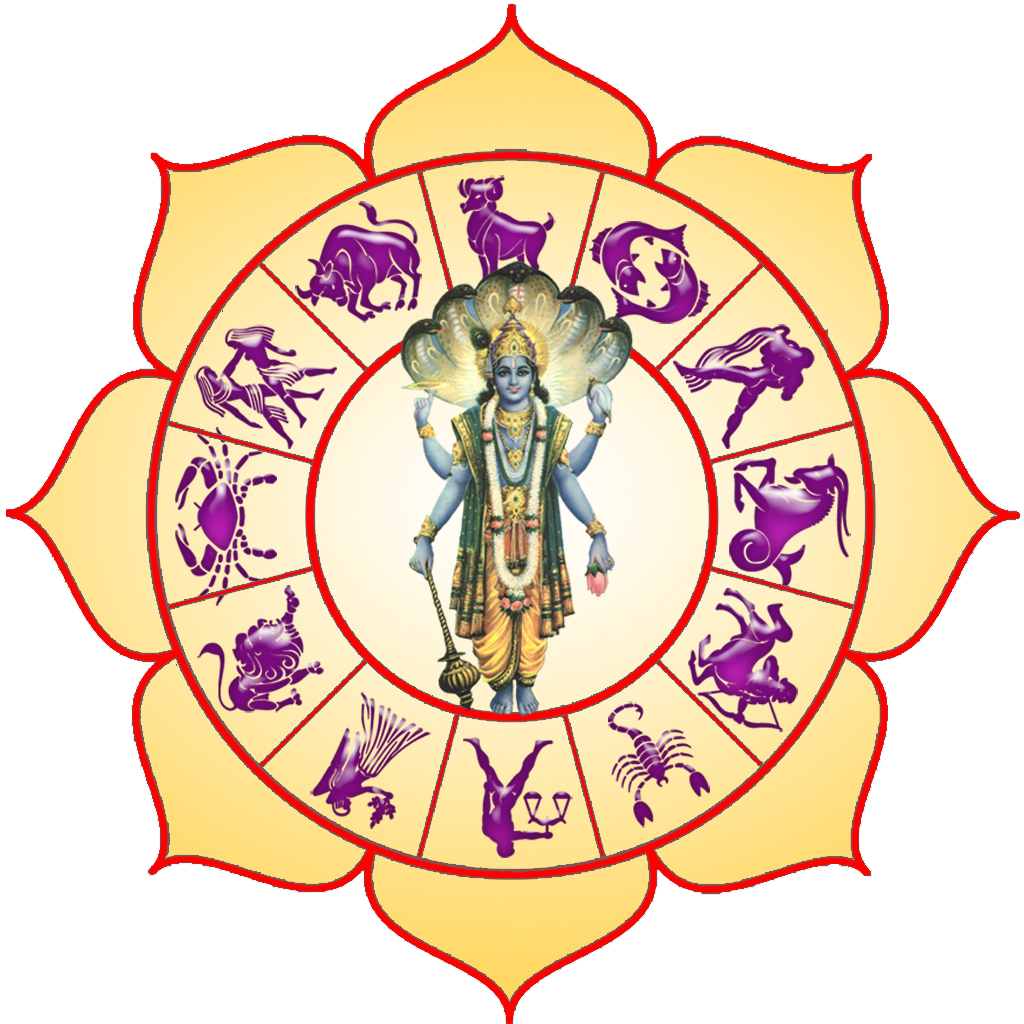
The content you’re trying to view is for members only. Please register in order to access this content. YOU MUST READ the Terms of the Website User Agreement. By registering in this website or accessing any content, you explicitly declare that you fully agree with all the terms of the Website User Agreement
If you are not a member of this website, do consider registering
